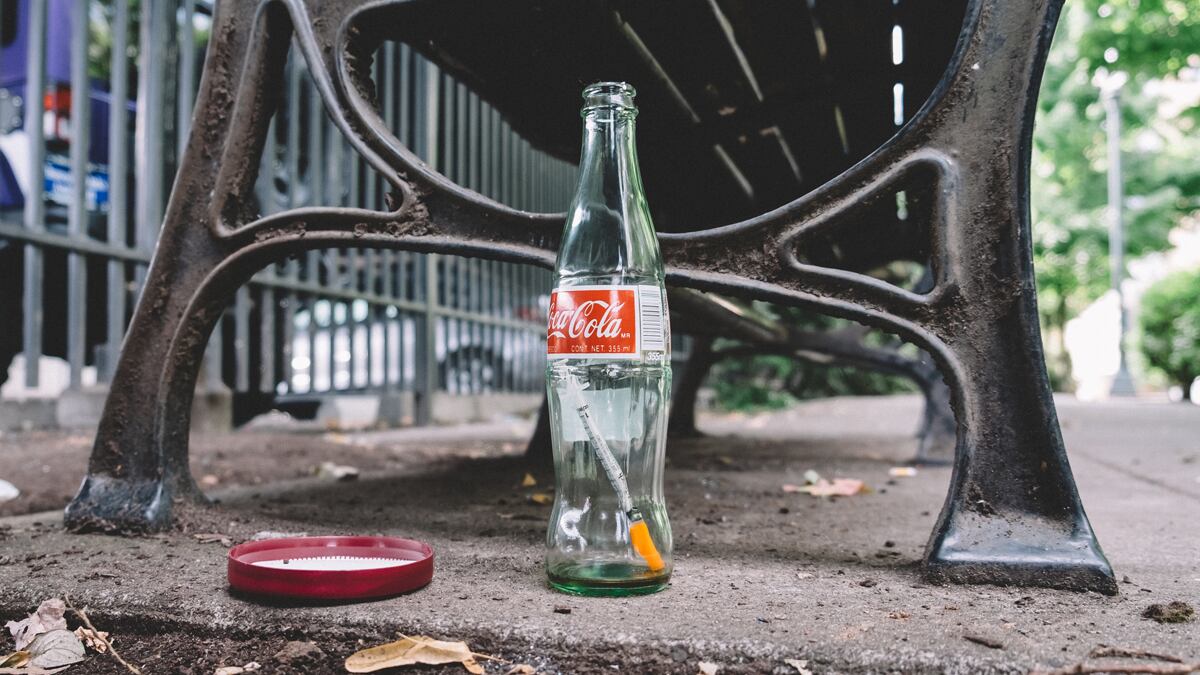The advocacy group Oregon Recovers today announced that it opposes Ballot Measure 110, which would reallocate state cannabis tax dollars to addiction treatment services if voters approve it in November.
The ballot measure would decriminalize the possession for personal use of drugs including heroin, cocaine and methamphetamine and shift all cannabis tax receipts in excess of $45 million annually to addiction treatment.
That could mean nearly $100 million a year in funding for such services if the measure passes. (Cannabis taxes currently fund a variety of services, including K-12 education, the Oregon State Police, and county mental health and addiction services.)
Oregon Recovers' opposition is counterintuitive because the group has spent the past three years building political support for greater spending on addiction treatment, an area in which Oregon regularly ranks behind nearly every other state. It's also notable because many groups involved in the mental health and addiction services fields have endorsed the measure.
In a statement, Oregon Recovers explained its opposition:
"Measure 110 is so poorly written it will lead to additional unnecessary deaths, further destabilize Oregon's fractured and incomplete behavioral health system, and will reduce enrollment in treatment centers across the state," the group said. "It dismantles one system of intervention before building a new system. It's similar to the effort 40 years ago to address our growing mental health crisis by closing the outdated mental hospitals without first building the outpatient services that were needed."
Oregon Recovers criticized the primary funder of Measure 110, the New York-based Drug Policy Alliance, for putting together policy that ignores the needs of Oregonians of color, who are disproportionately affected by substance abuse disorder.
"Measure 110 has no racial equity goals, restorative justice objectives nor treatment quality standards," the group said, adding, "Measure 110 will reduce court referrals to treatment providers which will lead to closure of addiction treatment facilities across Oregon at a time when the state already ranks virtually last in access to treatment."
Anthony Johnson and Janie Gullickson, who are co-chief petitioners for Measure 110, say they are disappointed in Oregon Recovers' decision.
They both took issue with Oregon Recovers executive director Mike Marshall's defense of the existing pathway to services, which, for some people, involves getting arrested and ordered into treatment by a judge.
"We need treatment on demand, not the current system which saddles people with criminal convictions," says Johnson.
Gullickson says she's frustrated because Oregon Recovers and the supporters of Measure 110 both want the same thing, more and better treatment for addiction.
She says that Marshall's idea of how to pay for that treatment—a new tax on alcoholic beverages—has proven politically impossible.
"I know Mike wants an alcohol tax, but that has failed five times in the past," Gullickson says.
